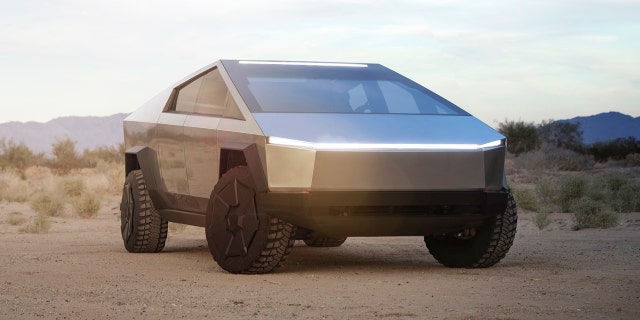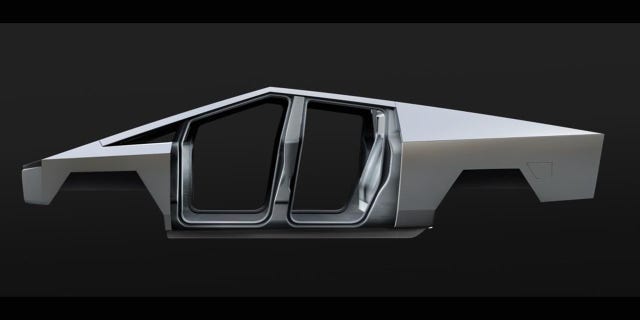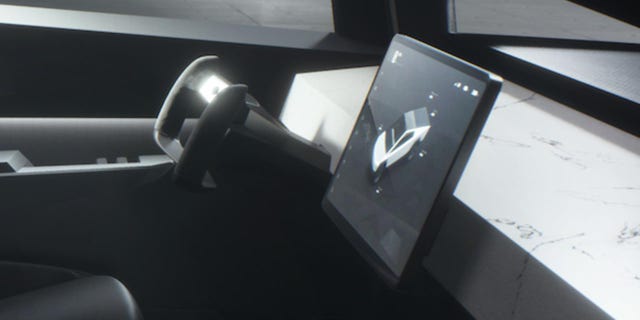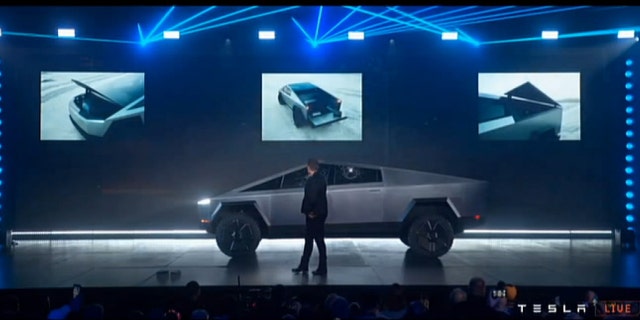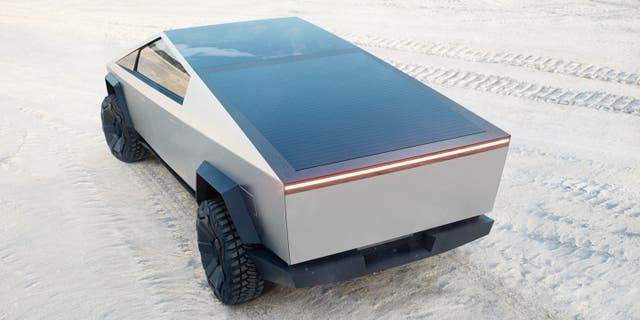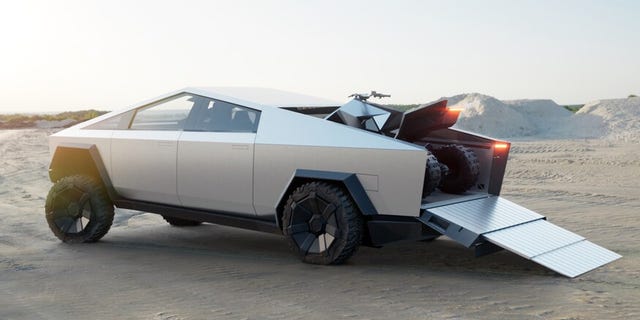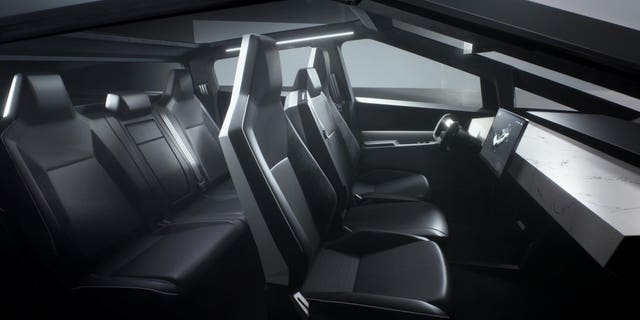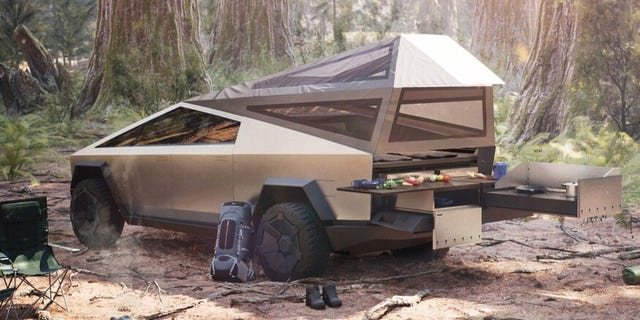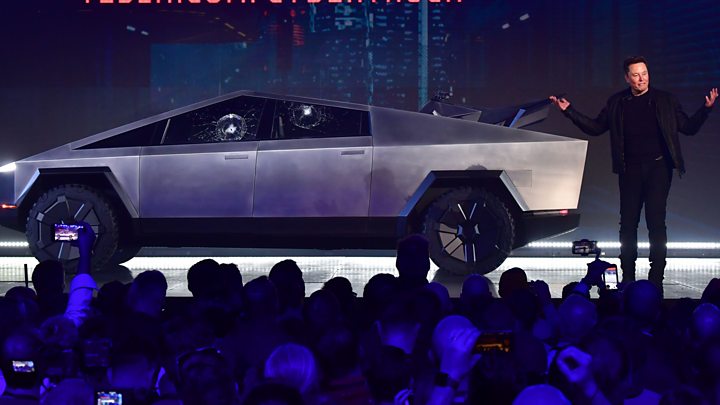 Lambert/ullstein bild via Getty Images; Alex Wong/Getty Images; Ian West/PA Images via Getty Images
Lambert/ullstein bild via Getty Images; Alex Wong/Getty Images; Ian West/PA Images via Getty Images
- Asgardia is a non-governmental organization that wants to become the first kingdom and nation-state in space.
- On Saturday, the group's 150 elected representatives met for Asgardia's first parliamentary session in Tallinn, Estonia.
- Asgardia chairman Lembit Opik told Business Insider the group has considered approaching Elon Musk and Jeff Bezos to help them get into outer space. The two tech billionaires founded space companies SpaceX and Blue Origin respectively.
- More than 300,000 people are already paying Asgardia's annual "residency" fee, although UN rules suggest Asgardia's ambition to set up a true space nation won't be realized for some time, if ever.
A self-declared space nation that wants to operate a fully-functioning society in space has started laying out its vision for establishing an off-world colony.
The Space Kingdom of Asgardia is a genuine project to set up a nation entirely in space, with hundreds of thousands of members paying "residency'" fees and a parliament that is in the process of forming the foundations for its society.
Asgardia's goal is to transport thousands of people to an enormous space station by 2043, beyond Earth's jurisdictions, to "build a new democratic society."
Ambitiously, the space nation is looking to the likes of Tesla CEO Elon Musk and Amazon CEO Jeff Bezos to get them there. Both billionaires have also set up commercial space firms.
 Elon Musk, CEO of Tesla and SpaceX.Reuters / Mike Blake
Elon Musk, CEO of Tesla and SpaceX.Reuters / Mike Blake
The project, founded by billionaire Russian scientist and politician Igor Ashurbeyli, is currently chaired by former British politician Lembit Opik.
"The obvious candidates are SpaceX and Blue Origin," Opik told Business Insider, citing Musk and Bezos' respective ventures in interstellar travel. "They're the best game in town in terms of space launches. Their rockets are the taxis that can take us where we want to go."
But can the dream of Asgardia ever become a reality? In an interview with Business Insider, Opik showed a passion for statecraft, detailing every facet of his space-based society, including an overview in foreign policy, banking regulation, business opportunities, and the creation of a new digital currency called "Solar."
Asgardia wants to become a fully-fledged trading nation — although Lembit Opik doesn't plan on living there
Although Asgardia is currently registered as a non-profit organization in Vienna, Austria, Opik sees opportunities ahead for trade. Starting small, there is already an online shop selling mugs, badges and T-shirts "for the discerning Asgardian", but Opik insists there will be much more to come for his "fully-functioning capitalist economy."
"First, there will be the businesses operating within Asgardia itself, and we've already got a small list of candidates there, who could provide us with goods and services, such as ballpoint pens designed to be used in space, specific types of insurance for space-dwellers – whatever," he said.
"Then of course, there will be businesses who want to sell us things, like Mr Musk or Mr Bezos... If you've got a big rocket and can take us into space, we might buy it off you," he added.
Asgardia was founded by Ashurbeyli in 2016 — or "Year 0" in the Asgardian calendar – and it now boasts an elected body of 150 members from all over the world, after online elections last year. Its incumbent Prime Minister is Ana Diaz, a lawyer from Venezuela, and its chief justice is Zhao Yun, a fellow lawyer from Hong Kong. Opik was voted in last year as head of parliament.
Ashurbeyli is understood to have invested around $12 million of his own money into the project to date, while another $2 million has been paid in by members of the public.
At present, Asgardia has three tiers of members: "followers", "residents", and "citizens."
According to Opik, more than a million followers have already signed up for free worldwide, while another 300,000 are paying an annual €100 ($110) residency fee. This weekend, he and his colleagues in the Asgardian parliament will debate how much to charge for citizenship (i.e. those eligible to live on Asgardia when it is launched).
"We are planning for the long-term," he said. "So we've got to make sure we get everything absolutely right."
Opik added that he doesn't plan to permanently reside in Asgardia himself, should it come into being, though he would visit.
"I'd rather be a day-tripper than a homesteader," he said. "My job is to help the settlement of space but probably not settle there myself."
In 2017, the kingdom sent its first satellite into Earth's orbit, making it, in its own words, "the first nation to have all of its territory in space".
 An illustration of Asgardian satellites.Asgardia/James Vaughan
An illustration of Asgardian satellites.Asgardia/James Vaughan
The tiny satellite, Asgardia-1, is currently floating around Earth and about the size of a loaf of bread. It contains a 512GB hard drive loaded with "the nation's constitutions, national symbols, and the personally-selected data of the Asgardian citizenship".
Under the rules of the United Nations, Asgardia could technically qualify for recognition as a state, as more than 100,000 people look set to apply for citizenship. But it's unlikely it will be acknowledged as a sovereign nation any time soon.
Business Insider previously contacted the United Nations Office for Outer Space Affairs (UNOOSA) to clarify whether current space law would permit the existence of a nation or territory in space. They directed us to the text of five UN treaties that govern activities in space.
Article II of the first and most important part of that legal framework, called the Outer Space Treaty, prohibits "national appropriation" of anything in outer space "by claim of sovereignty, by means of use or occupation, or by any other means".
But Opik remains optimistic despite the opposition, telling us the project has "taken up so much of [his] life". Once established, he insists Asgardia will take a neutral stance on all Earthly matters. "We will not interfere in Earthly matters, and we hope they would not interfere in ours... We want what any sovereign nation wants: recognition."
Blue Origin, Jeff Bezos' space company, declined to comment.
Elon Musk did not respond to a request for comment.
Let's block ads! (Why?)
https://news.google.com/__i/rss/rd/articles/CBMiVWh0dHBzOi8vd3d3LmJ1c2luZXNzaW5zaWRlci5jb20vZWxvbi1tdXNrLWplZmYtYmV6b3MtaGVscC1zcGFjZS1raW5nZG9tLWFzZ2FyZGlhLTIwMTnSAVVodHRwczovL2FtcC5idXNpbmVzc2luc2lkZXIuY29tL2Vsb24tbXVzay1qZWZmLWJlem9zLWhlbHAtc3BhY2Uta2luZ2RvbS1hc2dhcmRpYS0yMDE5?oc=5
2019-11-23 09:05:19Z
CAIiEKfUCsKRZT-EKH9nElb5UKUqLggEKiUIACIbd3d3LmJ1c2luZXNzaW5zaWRlci5jb20vc2FpKgQICjAMMNfv5wE


